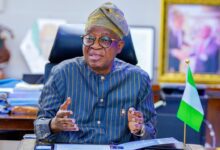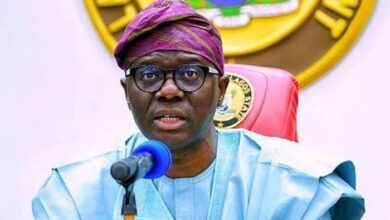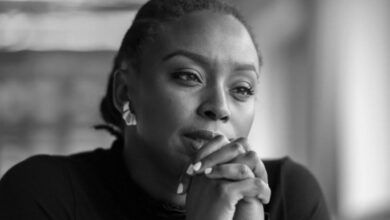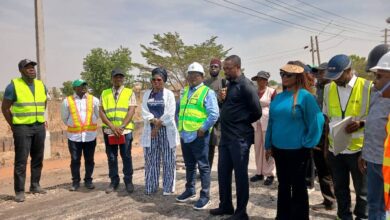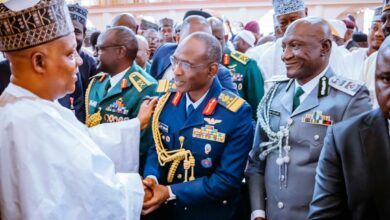2023 Elections: Group Lament Decreased Participation Of Women In Politics

The Gender Strategy Advancement International (GSAI), while making reference to the 2023 General Election, said there was visibly a great decline in the election of females into elective positions.
This was disclosed by the group on Friday, April 14, 2023 at a press conference held in Abuja.
Executive Director of GSAI, Adaora Onyechere she said it was tragic that women were being marginalized in the Nigerian society, evidently in the political arena, adding that women’s underrepresentation in Parliament and governance was a great injustice that must be rectified to achieve full potential as a nation.
Onyechere stressed the need for women’s participation in politics adding that women bring unique perceptive to political decision -making and governance.
According to the Executive Director, there is the need to challenge cultural norms and stereotypes that discourage women from seeking leadership position as well as the need to create an environment where women’s voices are heard, respected, and valued.
She therefore, called on government and all institutions that reside within it to stop playing lip service to the inclusion of Nigerian women in governance.
Similarly, Executive Program Officer, Women’s Rights Advancement and Protection Alternative (WRAPA), Zainab Rasheed said, “going forward, we would like to see that more women are appointed in critical positions, positions of decision making, positions that women can have influence to contribute to the governance of Nigeria”.
Rasheed added that they were making the call not because they were just women but because women have the competence and integrity. They also have a special skill to bring to the table to contribute to the governance of the country.
She stated that, the role of women in the development of any Nation could never be over emphasised. Therefore “that’s why well meaning Nigerians, CSOs and all other stakeholders come together to advocate to the latter to make sure that the half of Nigeria’s population that constitutes women are included in decision making”.
On her part, National President, International Federation of Women Lawyers, Mrs Amina Agbaje noted that there had been a decline in the percentage of women elected into political offices in the just concluded general elections. This, she said was unacceptable:
“We’ve seen a decline in the percentage of women that have been elected into political offices from 6.7% to 4.5%. There is a big decline and that is a short fall from the global average number of 22.5%. All hands need to be on deck to make sure that women are carried along and not remain marginalised or vulnerable.
“The decline is not acceptable. We are calling on the incoming government to not marginalise women in appointive positions”, she said.


